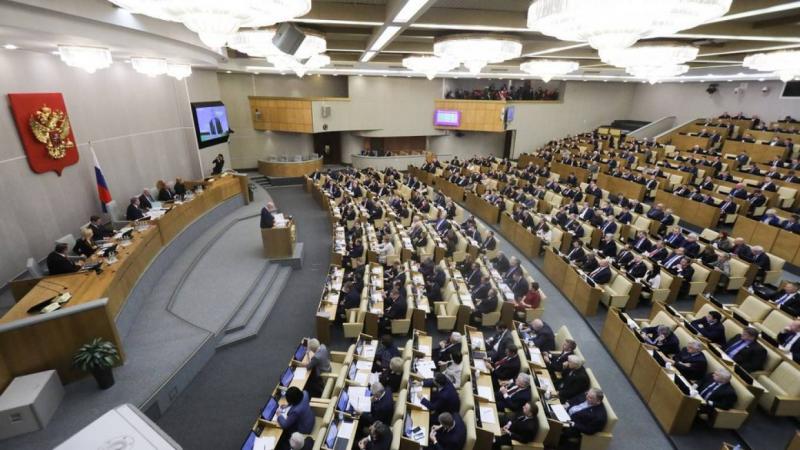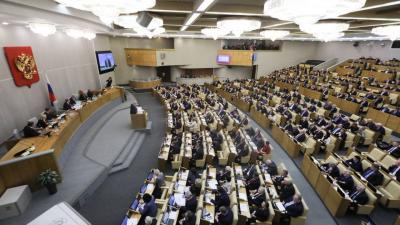The current Russian government has submitted its resignation in full to President Putin following his assumption of the presidency, with Prime Minister Mikhail Mishustin signing off on it. The Russian government has thus handed over its powers to the newly elected President Vladimir Putin, as reported by the official Telegram channel of the Cabinet.
This action is mandated by law, requiring the Cabinet to resign after the inauguration of the head of state, while previous ministers and deputy prime ministers continue to work in an acting capacity until the new government is approved. For the first time, the Russian government will be formed according to regulations established in 2020 following constitutional amendments. Previously, the appointment of all Cabinet members was done by presidential decrees: the approval of the State Duma was required for the prime minister, while it was not needed for other ministers and their deputies.
Now, all of them must receive prior parliamentary approval within two weeks after the inauguration, and the president is required to submit a candidate for the position of prime minister to the State Duma, which is given a week to consider it (typically takes less time). If the deputies approve, the head of state appoints the prime minister to that position. If the presidential proposal is rejected (which has not happened since 1998 and is unpredictable this time), the president will present a new candidate or the same candidate again. If the proposed candidates are rejected three times by the State Duma (which has never happened in Russian history), the law allows the president to independently approve the prime minister, while simultaneously dissolving the State Duma and calling for new elections.
Coordination with the State Duma is required for most federal ministers and deputy prime ministers, but their nominations will be submitted to the parliament not by the president, but by the prime minister. Moreover, if the State Duma approves the nominees, the head of state cannot refuse to appoint them to that position. If the proposed options are rejected three times, the president can independently appoint government members from a list prepared by the prime minister. The exception to this is the ministers of internal affairs, emergency situations, defense, foreign affairs, and justice, who are appointed by the president after consultation with the Federation Council.




